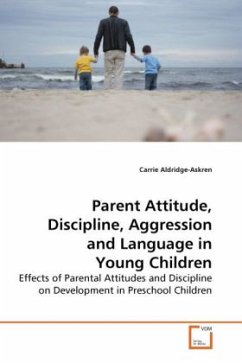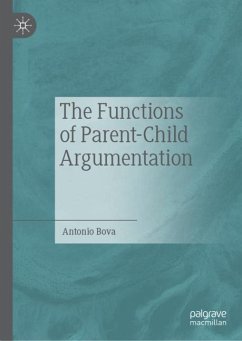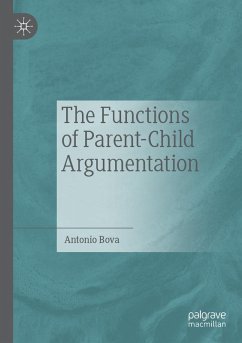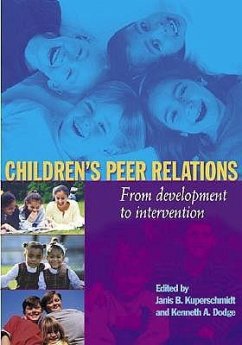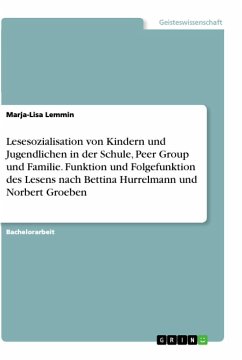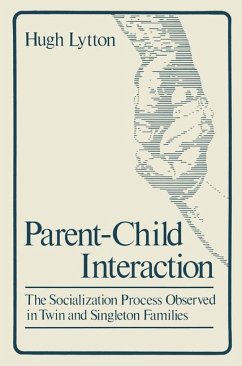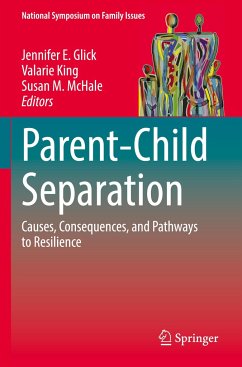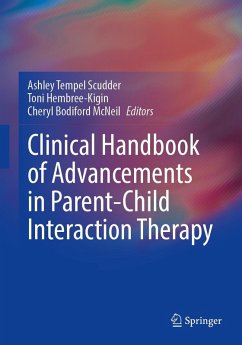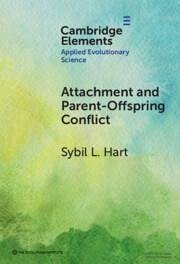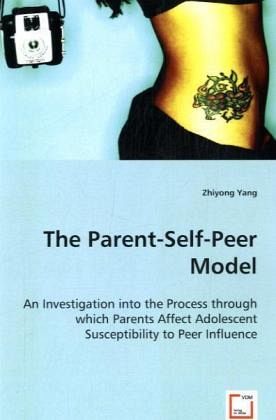
The Parent-Self-Peer Model
An Investigation into the Process through which ParentsAffect Adolescent Susceptibility to Peer Influence
Versandkostenfrei!
Versandfertig in 6-10 Tagen
32,99 €
inkl. MwSt.

PAYBACK Punkte
16 °P sammeln!
Adolescents are often susceptible to the opinions of peers,such as their friends, activity partners and co-workers. In twostudies, we test an integrative model of adolescent susceptibilityto peer influence that includes parenting style as driver, theadolescent self-concept as mediator, and the cultural context asmoderator of the level of susceptibility. The overarching findingin our studies is that responsive parenting reduces susceptibilityby influencing the adolescent self-concept, while psychologicallycontrolling parenting increases susceptibility without influencingthe adolescent self-conc...
Adolescents are often susceptible to the opinions of peers,such as their friends, activity partners and co-workers. In twostudies, we test an integrative model of adolescent susceptibilityto peer influence that includes parenting style as driver, theadolescent self-concept as mediator, and the cultural context asmoderator of the level of susceptibility. The overarching findingin our studies is that responsive parenting reduces susceptibilityby influencing the adolescent self-concept, while psychologicallycontrolling parenting increases susceptibility without influencingthe adolescent self-concept. We also show that culture can modifythese effects of parenting such that, within collectivist easterncultures, psychological control influences susceptibility to peerinfluence through changes in adolescents? self-concept.



